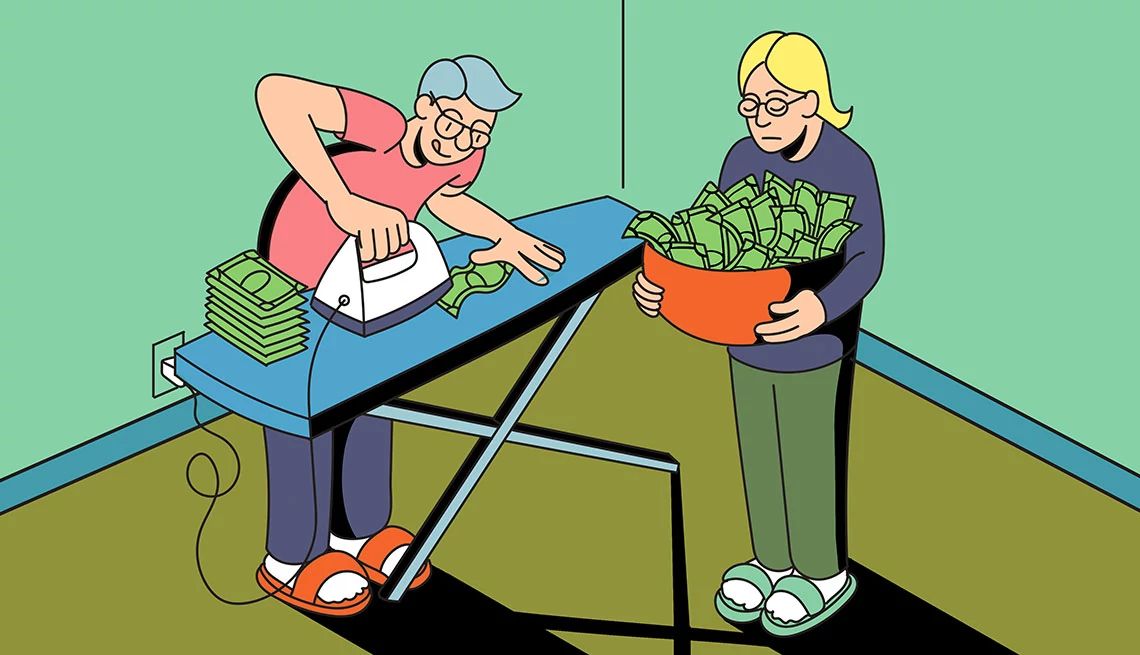Open Up Your Marriage (the Money Part, That Is)
- Select a language for the TTS:
- UK English Female
- UK English Male
- US English Female
- US English Male
- Australian Female
- Australian Male
- Language selected: (auto detect) - EN

Play all audios:

One in seven married Americans don’t know how much debt their spouse has. Liam Eisenberg Facebook Twitter LinkedIn
It’s almost a cliché among older married couples: After the death of the spouse who was managing the household finances, the survivor — often the wife — is left completely lost when it
comes to money. What bills must be paid and when? Where are our investments? How do I access the accounts? In worst-case scenarios there can be nasty surprises, like missing cash and hidden
debts.
But a knowledge gap can create problems well before then. Lack of joint input into financial matters can lead to poorly thought-out choices, along with stress and conflict once the
consequences of those decisions become clear. Ignorance of marital assets can leave a spouse financially vulnerable in a divorce.
Unfortunately, these imbalances are all too common. Nearly a quarter of married Americans say one person manages all financial decisions and transactions in their household, reports
financial services company Empower; one in seven married Americans don’t know how much debt their spouse has. Even among women who outearn their spouse, only half said they were very engaged
in household financial decisions, according to a 2023 UBS study. There are a number of reasons why couples may grow apart when it comes to managing the household finances. Here are some of
the most common and how couples can bridge the divide.
How to address the division of labor
“You wash the clothes, and I’ll do the ironing.”
You know how in marriages one spouse tends to make dinner and the other washes the dishes? Over time, one becomes a skilled cook while the other can barely remember how to boil water. The
same phenomenon occurs with money management. When couples divide up household duties, the one who handles the money gets more knowledgeable over time, while the one who doesn’t knows less
and less, according to a study out of the University of Texas and the University of Colorado.